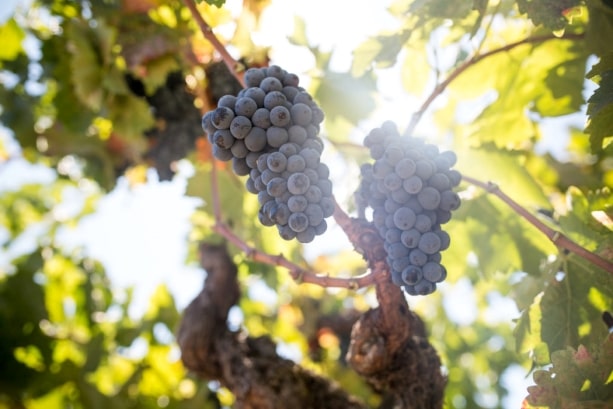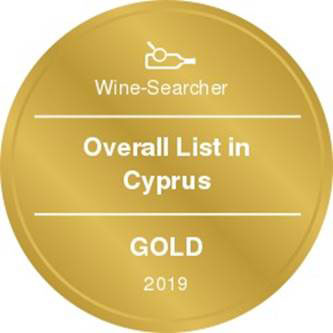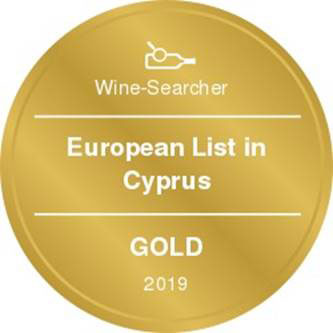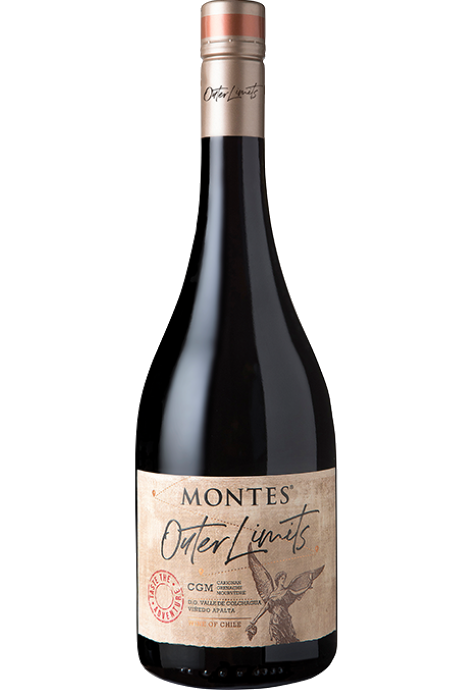MONTES OUTER LIMITS CGM 2021
Country: Chile, Colchagua Valley
Grape Varieties: 50% Carignan, 30% Grenache,20% Mourvèdre.
Grape Varieties: 50% Carignan, 30% Grenache,20% Mourvèdre.
AWARDS
James Suckling: 92/100
Barrel Aging: 20% of the wine was aged for 12 months in first-use French oak barrels, and 80% in second and third use barrels.
Tasting Notes: Aromas suggesting ripe black and red fruits such as plums, blackberries, and dried figs with a touch of cinnamon. The palate presents a tremendous body and good structure with balanced freshness and elegant persistence.
Decanting: Recommended for 20 minutes.
Food Pairing: Beef and Venison
James Suckling: 92/100
Barrel Aging: 20% of the wine was aged for 12 months in first-use French oak barrels, and 80% in second and third use barrels.
Tasting Notes: Aromas suggesting ripe black and red fruits such as plums, blackberries, and dried figs with a touch of cinnamon. The palate presents a tremendous body and good structure with balanced freshness and elegant persistence.
Decanting: Recommended for 20 minutes.
Food Pairing: Beef and Venison
Case Bottles: 6
Product Id: 0176

For orders €100,00 and above we deliver free to your place
For orders below €100,00 delivery charge €10,00 within city limits
For orders below €100,00 delivery charge €10,00 within city limits

Carignan
Carignan, as its name suggests, is presumably of Spanish in origin, from around the town of Carineña west of Priorat in the province of Aragon.
Carignan, also known as Carginano in Italy and Cariñena or Mazeulo in Spain, is one of the most widely-planted red grapes in France. Planting became widespread in France during the 1960s, when Algeria gained its independence and was no longer an inexpensive source of red grapes. Languedoc-Rousillon is the bastion of Carignan in France, and it is also grown Provence, although it now gradually being replaced with more complex and characterful varieties such as Syrah and Grenache.
The berries are blue-black, with fairly thick, astringent skins Carignan buds and ripens quite late, so it is resistant to spring frosts, but requires a long ripening season and warm climate. It is a vigorous grape, which can result a wine of dull character.
Carignan is useful for adding intense colour, acidity, and fleshy tannins to the archetypal Southern French blends of Syrah, Grenache and Cinsault. Few select growers have managed to produce interesting, distinctive wines from this grape by carefully limiting the vine vigour and the yields.
Old Carignan vines (over 50 years) on a combination of low yields and suitable terroir can produce magnificently concentrated and characterful wine. The best expressions can be found in Priorat.
Carignan, also known as Carginano in Italy and Cariñena or Mazeulo in Spain, is one of the most widely-planted red grapes in France. Planting became widespread in France during the 1960s, when Algeria gained its independence and was no longer an inexpensive source of red grapes. Languedoc-Rousillon is the bastion of Carignan in France, and it is also grown Provence, although it now gradually being replaced with more complex and characterful varieties such as Syrah and Grenache.
The berries are blue-black, with fairly thick, astringent skins Carignan buds and ripens quite late, so it is resistant to spring frosts, but requires a long ripening season and warm climate. It is a vigorous grape, which can result a wine of dull character.
Carignan is useful for adding intense colour, acidity, and fleshy tannins to the archetypal Southern French blends of Syrah, Grenache and Cinsault. Few select growers have managed to produce interesting, distinctive wines from this grape by carefully limiting the vine vigour and the yields.
Old Carignan vines (over 50 years) on a combination of low yields and suitable terroir can produce magnificently concentrated and characterful wine. The best expressions can be found in Priorat.
 +357 25 76 06 08
+357 25 76 06 08














